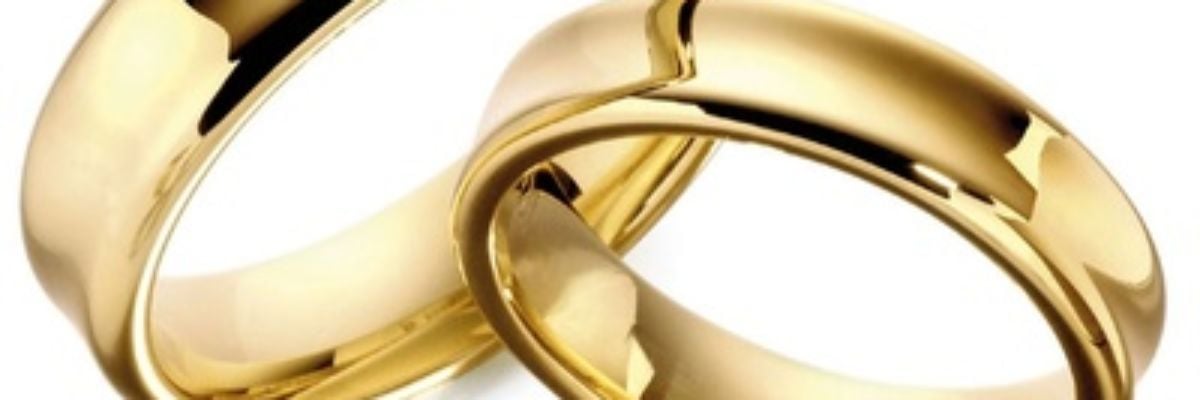
Homosexual activists have begun using the slogan “Civil Marriage Is a Civil Right.”
At first glance, this might be seen as a meaningless truism.
Yes, any given single person has a civil right to get married.
That was established in the Supreme Court’s 1967 decision, Loving v. Virginia, which struck down laws preventing people of different races from getting married.
But the idea of the slogan is that homosexuals have a civil right to civil marriage.
Do they?
Civil Rights
In some places, they do.
In some places—either because the courts have imposed it, the legislature has passed it, or through other means—the local civil law grants homosexual couples the ability to go through a procedure that will result in them being viewed as married in terms of the civil law.
They won’t be actually married. That’s only possible between a man and a woman.
But the civil law will pretend that they are married, so they will be civilly married or married in terms of civil law.
And in some places, that’s treated as a civil right.
But not everywhere, and that’s the point.
Happy Talk
The claim that “civil marriage is a civil right” in this context is a form of “happy talk”—that is, speaking about something as if it’s true, in hopes of making it true (or, at least, denying the fact that it isn’t true).
If the courts had established that such a right exists, then publicly making the claim would be superfluous.
The clear intent of the slogan to protest, discourage, or otherwise make less likely the protection of actual marriage in civil law.
Rights Talk
The slogan frames the issue in terms of rights, which has been a very successful way of framing issues in recent years.
If something can be framed as the violation of another person’s rights, then it tends to trump all other considerations in the public sphere.
There is thus a tendency to frame everything in terms of rights, to assert rights to all kinds of things, without any particular basis, as a kind of emotive appeal.
That’s what seems to be occurring here . . .
A Civil Right?
It is unlikely that people using the slogan “Civil marriage is a civil right” are expecting those who hear it to be familiar with Loving v. Virginia.
While it may be true that this case established a civil right to marriage, that only raises the question: What is marriage?
The historic understanding—and the understanding at the time of Loving v. Virginia—is that marriage is the permanent union of a man and a woman oriented to the good of the partners and the procreation and education of offspring.
That kind of union is fundamentally different than other forms of union.
Two men or two women cannot have the same kind of union between them that a man and a woman can.
To claim that a man can marry another man (or a woman another woman) is just playing games with words, as would be claiming that a man can marry an animal or a vegetable or an inanimate object.
The word marriage in law is not infinitely plastic, and thus advocates of homosexual “marriage” cannot simply shove their desired meaning into the existing civil right to marriage any more than one could shove the right to marry an animal, a vegetable, or an inanimate object into it.
There thus is no civil right to homosexual civil marriage—except where the law has been warped to provide one.
But there’s something else going on here . . .
Rights Confusion
The slogan seems to play on a confusion regarding rights.
Not all rights are civil. Civil rights are those provided for in civil law, and—unless the law has a deeper grounding—civil rights are essentially arbitrary.
The civil law could be written to provide rights to all kinds of things. With the right court or legislative actions, you could be provided with a civil right to turn invisible, a right to live a million years, or a right to become the square root of negative one.
Merely having a civil right to something doesn’t mean much by itself.
That’s why people often appeal to deeper, more substantive rights.
You can call them natural rights, human rights, moral rights. But whatever you call them, they are the rights that ultimately count.
Hopefully, the civil law will express and protect people’s underlying moral rights, but there is no guarantee of that.
Pulling a Fast One?
The slogan “Civil marriage is a civil right” looks like it’s trying to slide one past us.
It appears to play on confusion between civil rights and moral rights.
Users of the slogan don’t really expect us to believe that a civil right to homosexual civil marriage has already been established in those jurisdictions where it hasn’t.
They clearly mean that homosexual civil marriage ought to be a civil right—or that civil rights law ought to be read in this way.
But once you’re appealing to what ought to be, you’re into the territory of morality.
Claiming that there is a moral right to “marry” a person of your own gender is a whole different thing, though.
That’s what’s sly about the slogan. It sticks to the language of civil rights but hopes you will invest moral force in them and read it as a statement about morality—that it would be wrong or immoral to deny a civil right to homosexual civil marriage.
Question Settled Soon?
The question of whether there “is” a civil right to homosexual civil marriage under U.S. law may be settled soon—in the next few months, in fact.
Currently the U.S. Supreme Court is reviewing cases involving California’s Prop 8 and the federal Defense of Marriage Act (DOMA), and if things go badly, we could have this “right” imposed across the nation.
That’s why Catholic Answers has taken action to weigh in on the matter at the Supreme Court level.



